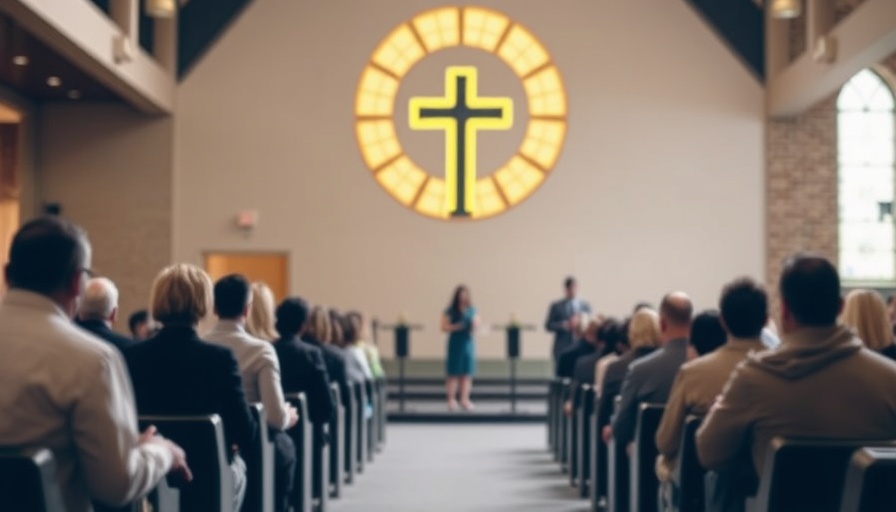
Understanding Why The Bible Is Viewed as Dangerous
The Bible, revered by millions, paradoxically evokes strong reactions from various corners of society, especially outside the traditional faith frameworks. Key excerpts from scripture have been interpreted in ways that many individuals—skeptics and liberal believers alike—find troubling. For instance, passages that appear to endorse gender submission, such as Ephesians 5:22–24, can perpetuate harmful cultural narratives that enforce gender inequality, contributing to the systemic mistreatment of women throughout history.
The Impact on LGBTQ Communities
Beyond gender discrepancies, the words of Romans 1:26–28 lay bare the significant pain endured by LGBTQ individuals. The biblical rhetoric around homosexuality has often been weaponized to ostracize and dehumanize those who simply seek love and acceptance. Although some scholars argue for a more profound understanding of these texts, the damage inflicted by these interpretations lingers, creating an environment where prejudice thrives.
Violence in Scripture: A Concerning Narrative
Moreover, the contextual reading of violent scripture raises critical ethical questions about the moral compass derived from biblical narratives. Verses such as 1 Samuel 15:2–3, which advocate for genocide in the name of divine sanction, have been misread to justify grave atrocities throughout history. Such interpretations prompt necessary conversations about the Bible's influence and the ethics of applying its lessons in today's world.
Why These Issues Matter
The growing discontent with the Bible as a tool for social division rather than unity forces believers to grapple with its interpretations actively. Understanding these complexities not only provides insight into the challenges faced by various communities but also encourages a path towards reconciling faith with modern ethical standards.
If you are familiarizing yourself with the Bible, consider its dual role—an ancient text offering wisdom yet inviting critical exploration of its implications in our contemporary lives. Can we reconcile these scriptures with both grace and justice? The answer lies in engaging with the dialogues they provoke.
 Add Row
Add Row  Add
Add 




Write A Comment